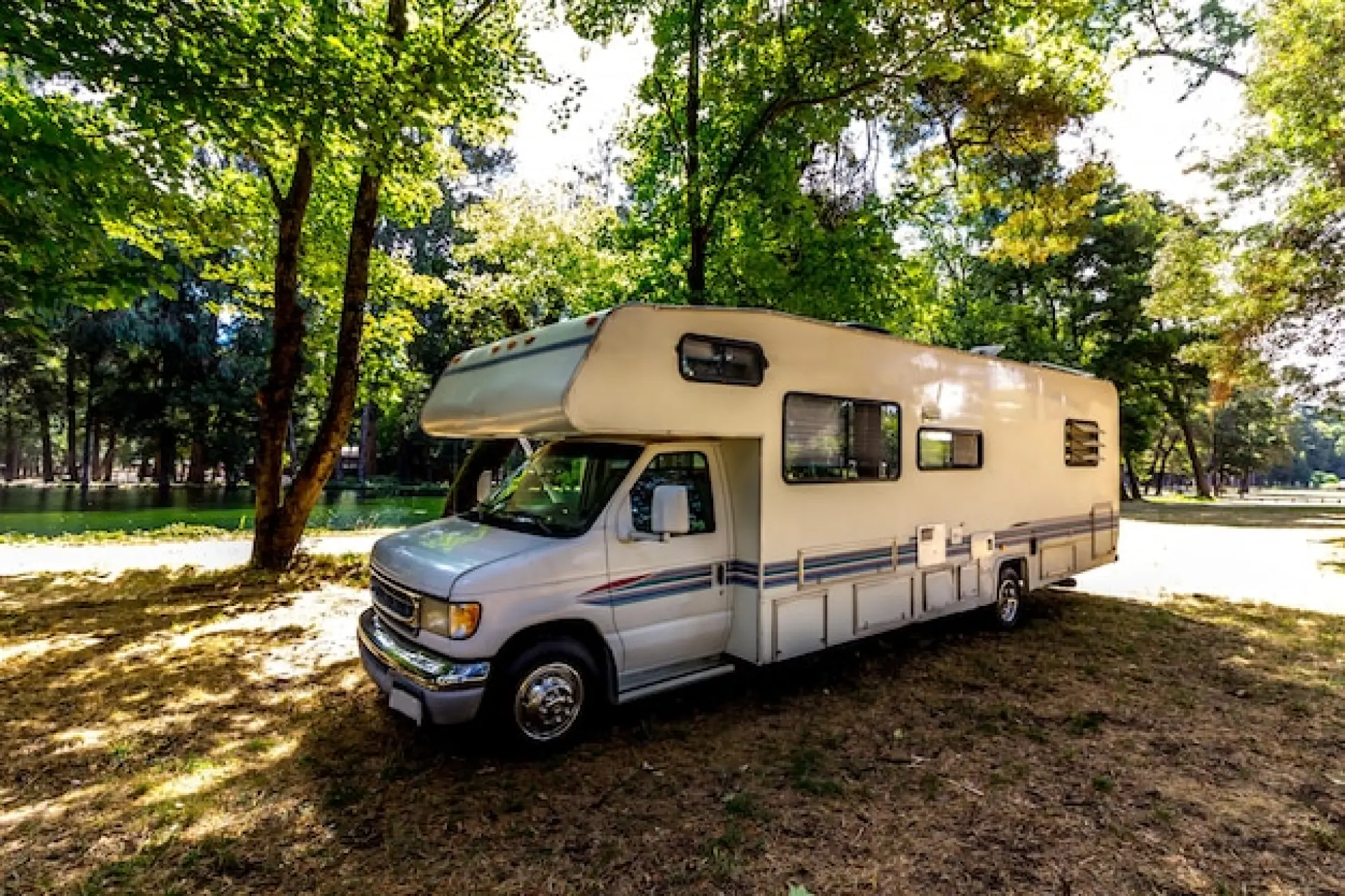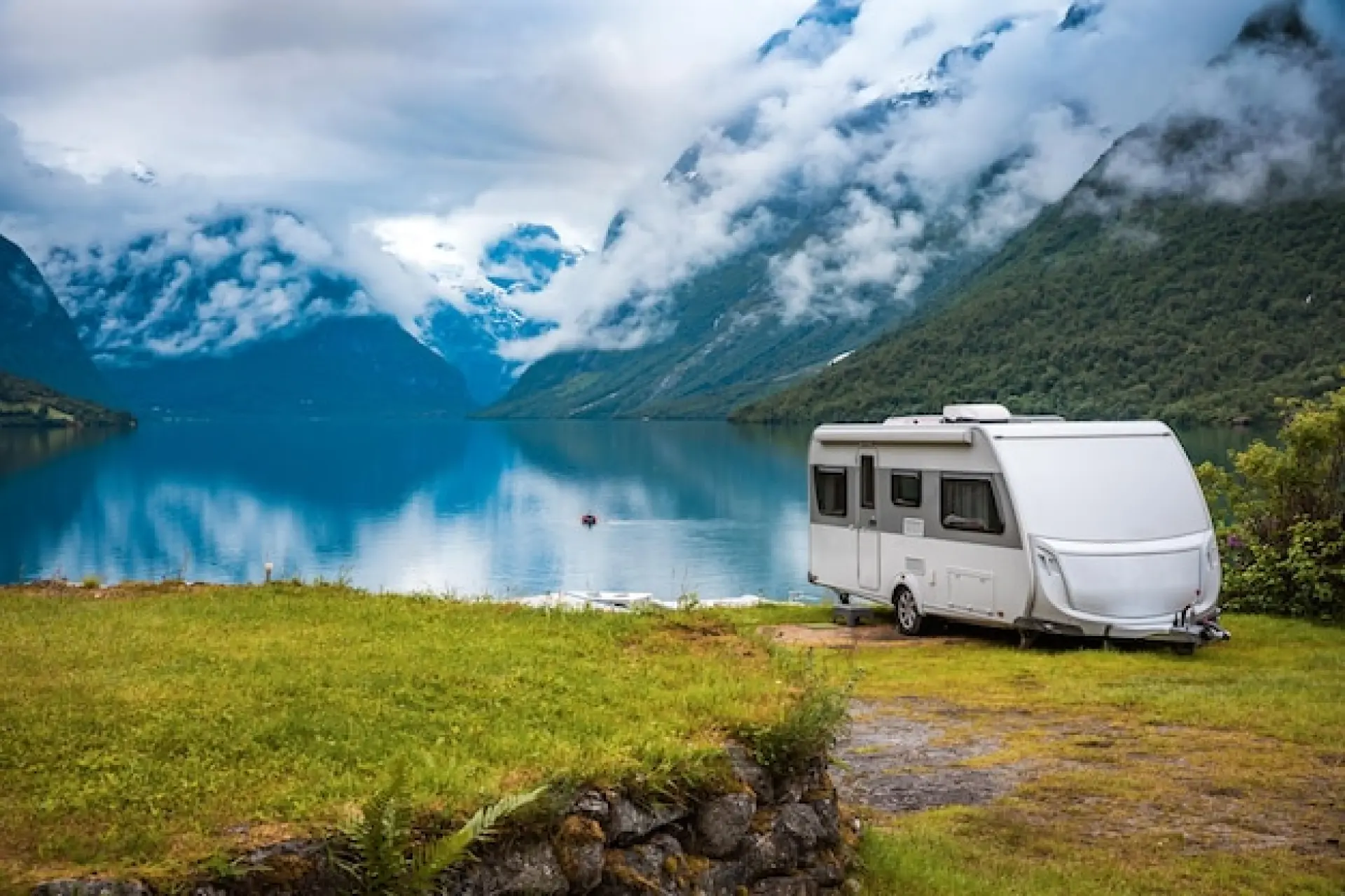Stay safe with our comprehensive guide about Gas Regulations for Motorhomes in the UK. Learn about UK laws and the importance of gas safety checks.
Why Gas Safety is Important in Motorhomes
Gas safety in motorhomes is essential to protect occupants from risks such as carbon monoxide poisoning, gas leaks, and fire hazards.
Motorhomes often have gas-powered appliances like cookers, heaters, and fridges, which require regular maintenance to function safely. Poorly maintained gas systems can lead to dangerous situations, including explosions or suffocation from undetected leaks.
Proper ventilation and regular checks help prevent these risks, ensuring that gas systems operate efficiently. Taking gas safety seriously not only keeps you and your passengers safe but also ensures compliance with UK regulations.
Whether you use your motorhome occasionally or live in it full-time, prioritising gas safety helps to avoid emergencies and ensures a comfortable, worry-free experience.
UK Laws and Regulations for Motorhome Gas Systems
Motorhome gas systems in the UK must comply with strict safety regulations to ensure they are safe to use. The main legal framework includes the Gas Safety (Installation and Use) Regulations 1998, which require gas appliances to be properly installed and maintained.
All gas equipment must meet British Standards, and any modifications or repairs must be carried out by a qualified professional. While private owners are not legally required to have an annual gas check, landlords renting out motorhomes must obtain a valid Gas Safety Certificate.
Additionally, travelling abroad may require compliance with European gas safety standards. Understanding and following these regulations helps to prevent accidents and ensures that gas systems remain in good working condition.

It is important to note that motorhome owners should also adhere to the recommendations provided in manufacturer manuals regarding the maintenance and operation of gas appliances.
Many insurance providers require proof of regular servicing to maintain coverage, and failure to follow proper maintenance schedules could lead to denied claims in the event of a gas-related incident.
Additionally, the use of carbon monoxide alarms is highly recommended to detect any potential leaks that could pose a health risk.
If a motorhome undergoes significant modifications, including changes to the gas system, it may be necessary to have it inspected by a qualified engineer to ensure ongoing compliance with regulations. These precautions improve overall safety and efficiency.
Gas Safety Certificate: Do You Need One?
A Gas Safety Certificate is not a legal requirement for private motorhome owners in the UK. However, it is strongly recommended to have regular checks to ensure all gas appliances and connections are safe. If you rent out your motorhome, you are legally required to obtain a Gas Safety Certificate from a Gas Safe registered engineer every year.
This certificate confirms that the gas system has been inspected and is in a safe, working condition. Many campsites and insurance providers may also request proof of gas safety compliance. Regular inspections not only provide peace of mind but also help to identify and fix any potential hazards before they become serious risks.
Who Can Carry Out a Motorhome Gas Safety Check?
Gas safety checks for motorhomes must be conducted by a qualified professional registered with the Gas Safe Register. This ensures that the engineer has the necessary training to inspect, test, and repair gas appliances safely.
When booking a gas safety check, ensure the engineer is certified to work on LPG (liquefied petroleum gas) systems, as motorhomes use LPG rather than mains gas. Some dealerships and mobile gas engineers specialise in motorhome gas systems and can provide inspections at a convenient location.
If you are unsure whether an engineer is qualified, you can verify their registration on the official Gas Safe Register website before arranging a service.

Choosing the right professional is crucial to ensuring a thorough and reliable inspection. Engineers who specialise in motorhome gas systems will have experience working with the unique setups found in motorhomes, including compact spaces and built-in ventilation requirements.
Before hiring an engineer, motorhome owners should ask about their experience with LPG systems and request details of the checks they will carry out.
A full inspection typically includes pressure testing, leak detection, ventilation assessment, and verification of appliance function. After completion, the engineer should provide a written report detailing any faults or necessary repairs.
Keeping records of these inspections can be useful for insurance purposes and when selling a motorhome, as proof of proper maintenance increases buyer confidence.
Common Gas Safety Standards for Motorhomes
To ensure safety, motorhome gas systems must meet specific standards, including correct installation, regular maintenance, and proper ventilation.
All gas appliances should be fitted with flame failure devices to prevent leaks if a flame goes out. Ventilation grilles and flues must remain unobstructed to allow safe gas combustion and prevent the build-up of harmful fumes.
Gas cylinders should be securely stored in a ventilated compartment away from heat sources. Regular leak detection tests, including checking hoses and connections for wear, are essential. Following these standards not only improves safety but also helps ensure compliance with UK gas regulations for motorhomes.
We hope you enjoyed our article 'Understanding Gas Regulations for Motorhomes in the UK'. Get in touch to discuss your motorhome needs and let us show you how we can help!
We offer Motorhome Gas Safety Checks for customers throughout Hitchin, Stevenage, Bedford, Luton, Milton Keynes and Hertfordshire.

